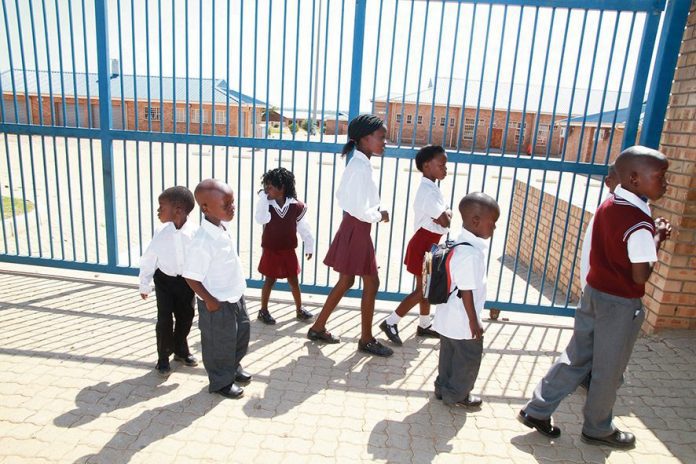Johannesburg – Pressure is mounting on the government to allow full attendance of primary school pupils following a new report that shows kids who are missing school days also go to bed hungry.
A research by National Income Dynamics Study – Coronavirus Rapid Mobile Survey (NIDS-CRAM) shows that the 2020 overall school year was reduced from a planned 198 days to 156 days due to lockdown restrictions that were introduced following the outbreak of Covid-19.
The data further show that primary school pupils in poor areas of the country learnt far less than their more affluent peers.
This means that primary schoolchildren who attended no-fee schools last year learnt between 50% to 75% less than what they normally do.
The report says less school meant less food for impoverished pupils who rely on meals from school.
“It is clear that disruptions to school attendance led to interruptions in learner access to school meals. Overall, at least 55 days of school meals were lost between March 2020 and March 2021 due to no schooling,” reads the report.
“While in other contexts, learning at home or accessing education virtually is possible, in the socio-economic context of South Africa, school-based classrooms are where almost all curricular learning.”
The report comes as the Department of Basic Education and unions are discussing the possibility of returning the full complement of primary school pupils to normal attendance. Teacher union Naptosa, in notes following the engagement with the department, said the government tabled a formal proposal to this effect, citing the need to mitigate learning losses.
“While the unions indicated an understanding for the spirit of the proposal, they also made it clear to the department that it did not eliminate their concerns, which they have consistently raised throughout the pandemic period,” Naptosa said.
“These include chronically overcrowded primary schools; the reality that social distancing as advocated will not be possible; water supply; classroom shortages; appointment of teachers; the mental health of members and the fears of those with comorbidities.
Added to this were the factors of a looming third wave of infections and the fact that winter is upon us.” Discussions around the proposal are ongoing.
The NIDSCRAM study says following an excess deaths approach and using teacher payroll data, it estimates that of 401 327 teachers, about 1 600 of them have died due to Covid-19. “Our analysis of excess deaths among teachers also confirms what the NICD has found for the population as a whole, that there is no clear association between the timing of schools being open and increased spread of the virus.
“In light of this … we believe there is a strong case for keeping schools open as far as possible and moving towards full-time attendance, especially at the primary school level, where the health risk is lowest and the educational risk may be greatest,” according to the report.
Follow @SundayWorldZA on Twitter and @sundayworldza on Instagram, or like our Facebook Page, Sunday World, by clicking here for the latest breaking news in South Africa. To Subscribe to Sunday World, click here.
Sunday World



